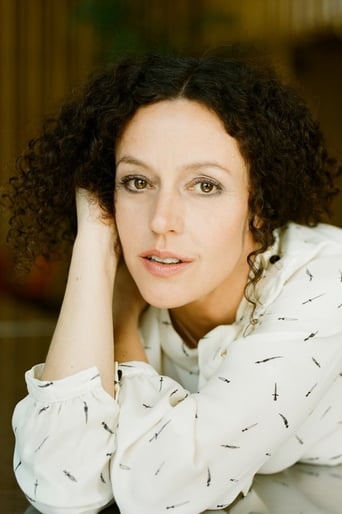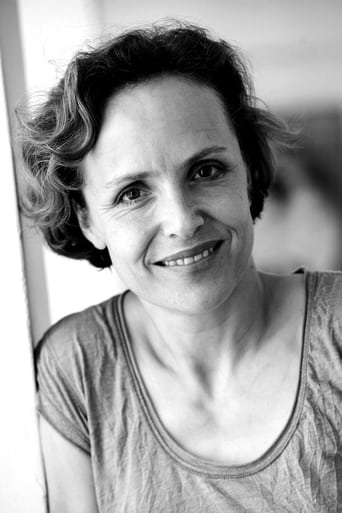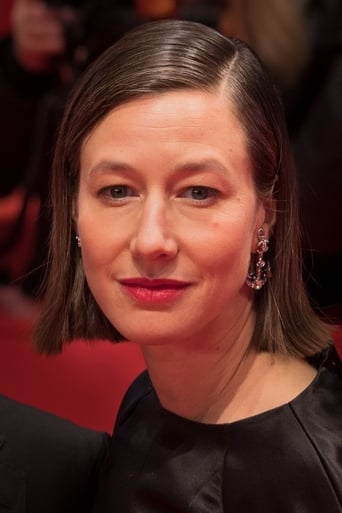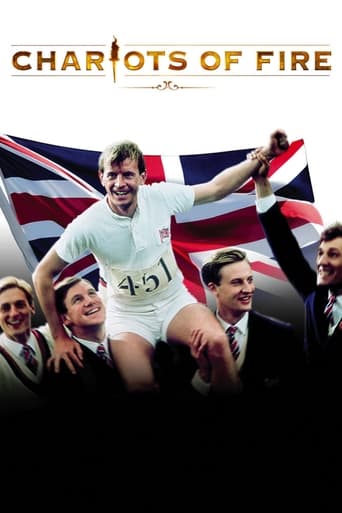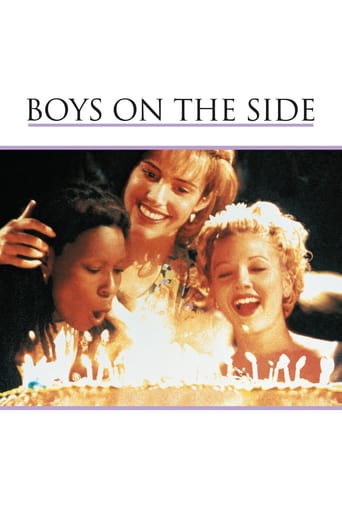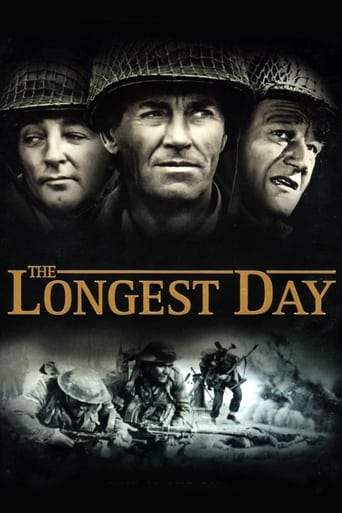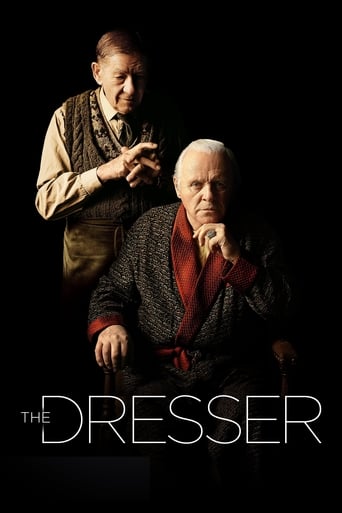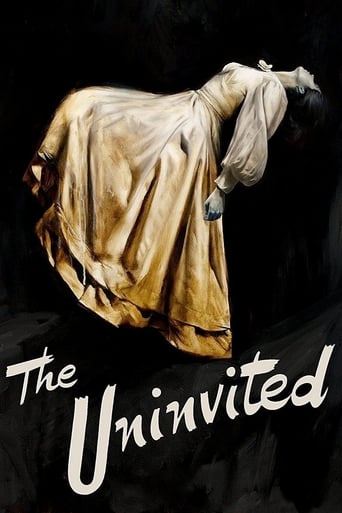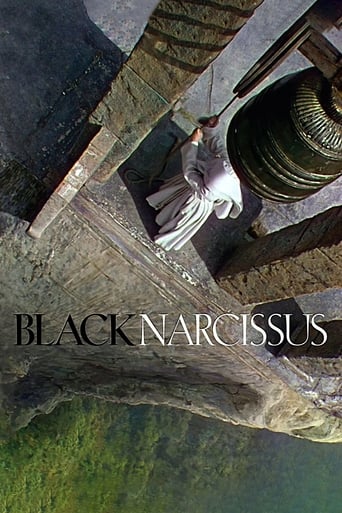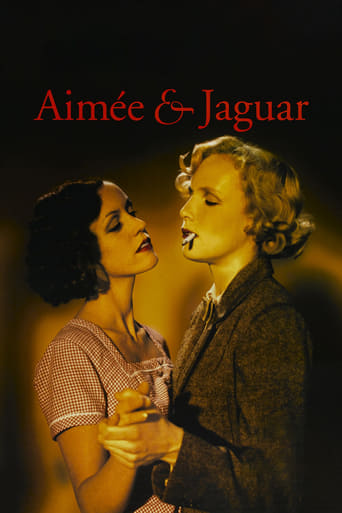

Aimée & Jaguar (1999)
In 1943, while the Allies are bombing Berlin and the Gestapo is purging the capital of Jews, a dangerous love affair blossoms between two women – one a Jewish member of the underground, the other an exemplar of Nazi motherhood.
Watch Trailer
Cast
Similar titles

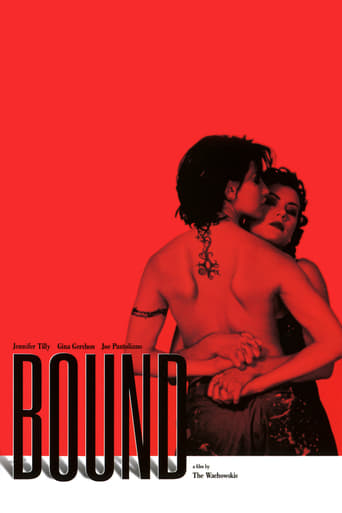
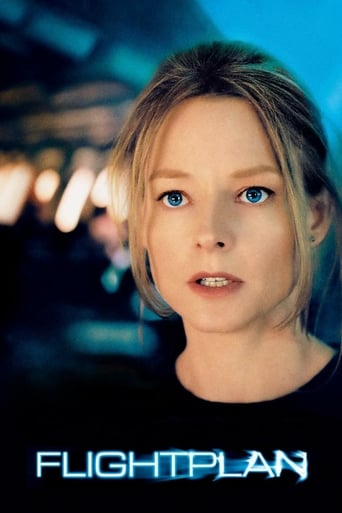
Reviews
Fantastic!
It's the kind of movie you'll want to see a second time with someone who hasn't seen it yet, to remember what it was like to watch it for the first time.
It's a movie as timely as it is provocative and amazingly, for much of its running time, it is weirdly funny.
It is a whirlwind of delight --- attractive actors, stunning couture, spectacular sets and outrageous parties.
I read the biography FIRST, which, in itself, was decent (but not great). I was hoping that, in a 2+ hour movie, most of what was in the Erica Fischer's book would be in the movie, but there was quite a bit missing (especially the story of Lily and Felice AFTER Felice is taken to Theresienstadt, which took up the 2nd half of that book). I will give the makers of the movie the benefit of the doubt that they were probably working on a small budget and there may have been restrictions with filming in certain places at the time.------ The first half of the movie seems to be all over the place, with no real chronological series of events (the book is chronological, but wavers between the Nazi threat and the love between 2 women). After viewing the movie, and having read the book FIRST, I have come to the conclusion that the first part of the movie was erroneously edited backwards in chronological order (especially how they first met until they became lovers). However, there are 3 inexcusable problems with the movie: 1) It doesn't quite know how it wants to portray Felicity, whether as part of the communist underground (which is hardly touched upon with any accuracy).- I'm sure viewers wonder "who and what is Fritz or those other 3 women?"-, whether it wants to be about the taboo subject of lesbianism in Germany at the time, or if it wants to go off on Felicity's Jewish background (which is her downfall, although the loose communism subplot leads up to her downfall, but quickly changes to her Jewish background). 2) The character of Gunther is made to be a mean SOB, but Lily is made to be a subordinate little German housewife whose strength and dignity only ignites when she is mad at Felicity (who in the book is described as usually wearing long pants instead of skirts, and she wears skirts 95% of the time in the movie!). Yes, Gunther was a SOB, but Lily (as she comes across in the book) is just as bad (even though Ms. Fischer attempts to give her a victim-like persona with her writing). They were in a loveless marriage and Gunther had a mistress, but to have Gunther be the total baddie is unfair, seeing that Lily also committed adultery, and both knew about each others' lovers and preferences. Also, Lily, as it written in the book (intentional or not) never really comes across a great mother, but I doubt that after the lesbian "orgy" in a main scene in the movie that the women would be sleeping in the children's bedroom! 3) The Lily versus Inge story. It flickers 2x in the movie (at the very beginning and 1/2 way through the movie), but culminates at the end (in the "present" when they meet again). I didn't read a sub story in the book to this huge rift between them over Felice, neither did I recognize that they vied over her endlessly. I believe the makers took liberty with the book to give another level to the many antagonistic atmospheres throughout the movie. It's an unnecessary story. Also, it is not altogether clear whose story this is, whether it is Lily's or Ilse's or someone else's.----- Overall, as a person who truly enjoys movies set in Nazi Germany dealing with the many groups that were censured and ultimately murdered (Jews, gays, communists and other political "criminals," & even Russians), I am rather troubled by the overly simplistic way that several of these groups are (or maybe how they are "not") portrayed. I know it's a love story about forbidden love, but, in the end, it feels (to me) like a travesty in the memory of Felicity (and Lily, to a point) that such glaring omissions and inaccuracies are in the movie.----- The book, although problematic in its writing, is a much better source on the subject of Lily, Felice, and all of the other people that makes this story interesting. Overall, I would like to see a better movie made (and not by a TV director, which is always a problem to me). It is a great subject, with only "Bent" being the other well known movie (off the top of my head) about homosexuality and Nazi persecution.----- I do give a nod to the director for the pond scene near the end and the capture the same day of Felicity, which is not only noted in the book, but the re-creation is very well done. The actual photographs that were taken on the camera timer are in the book and on the cover of the book.-----Too much melodrama, and not enough respect for a true story or for history. Unfortunately, few movies have been made on the subject of homosexuality and Nazi victims.-----E.
I have seen this movie and thought it was a wonderful movie, I have never seen anything like it. I was disappointed in the plot description, I feel it was lacking in what the movie was really about. If truth be told the movie was about a group of Lesbian Jews who held on to each other during the time of the Holacast. Although one of the women was a married woman with children could only make her bi-sexual at the most. I believe she only found out she was a lesbian later on in life when she met the love of her life. BTW, I found this movie at a LGBT center where I volunteer, and yes, I am a Lesbian and proud of it. As a piece of history I also find it to be well done. Good movie!
Juliane Kohler was so stunningly beautiful as Eva Braun in DOWNFALL that I just had to see this movie to see her in action once again.Unfortunately, this movie is no DOWNFALL. Instead of grinding terror and tension, there's only a faint sense of malaise. The destruction of the Nazi state is presented as faintly annoying background noise rather than a cataclysmic event. The real focus of the film is on two women drawn together by lust -- a Jewish bohemian and a placid German housewife. But the two doomed lovers never really seem truly passionate, nor is there any sense of danger and terror all around.Maybe this story would have worked better if it had been set in the Weimar Republic instead of Nazi Germany. Then all the high-living party scenes with the dazzling Jewish heroine showing off her wit and irreverence in public would be more believable. And the placid, oblivious blonde housewife would be easier to forgive for her bland submission.
What sets this apart from your typical Jew/Nazi movie was that it was a love affair between a wife of a Nazi hero and a Jewish girl who does not wear a star and is an assistant to the newpaper editor of Berlins biggest paper.The courage and nerve these young kids had is breathtaking and the disaster that they befell at the hands of the Nazis devastated me more than most typical Nazi movies. At some point I had a revelation. I understood that there was no imbalance of power. I realized that the Nazis were not all powerful as I had presumed. All around them were people of the same, if not more strength, opposing them. The resistance was as cunning and determined as the Nazis - it was inevitable that good would win. There is a line in the movie where one girl is telling another girl who is reprimanding her for something, "You did not create the world - God did." Wonderful way to say - you can't judge me.The love making scene is hard to watch. Don't get me wrong - I am not prejudice - it is hard to watch because the Lilly is so scared and beaten (psychologically, physically) by Nazi men and when the Jewish girl (Felice) kneels at Lilly's feet and just holds her ankles and rests her cheek on the Lilly's calves you are in as much pain as the Lilly. The actress who plays Lilly just breaks your heart because her whole body is wracked in these hysterical shivers and no words. It is the old saying put before you in the form of these two women - one Nazi, one Jewish - that `the master becomes the slave' And of course it symbolized the whole Nazi situation. It is what Shakespear tried to to teach us in MacBeth - the blood was so much more powerful than the knife.
